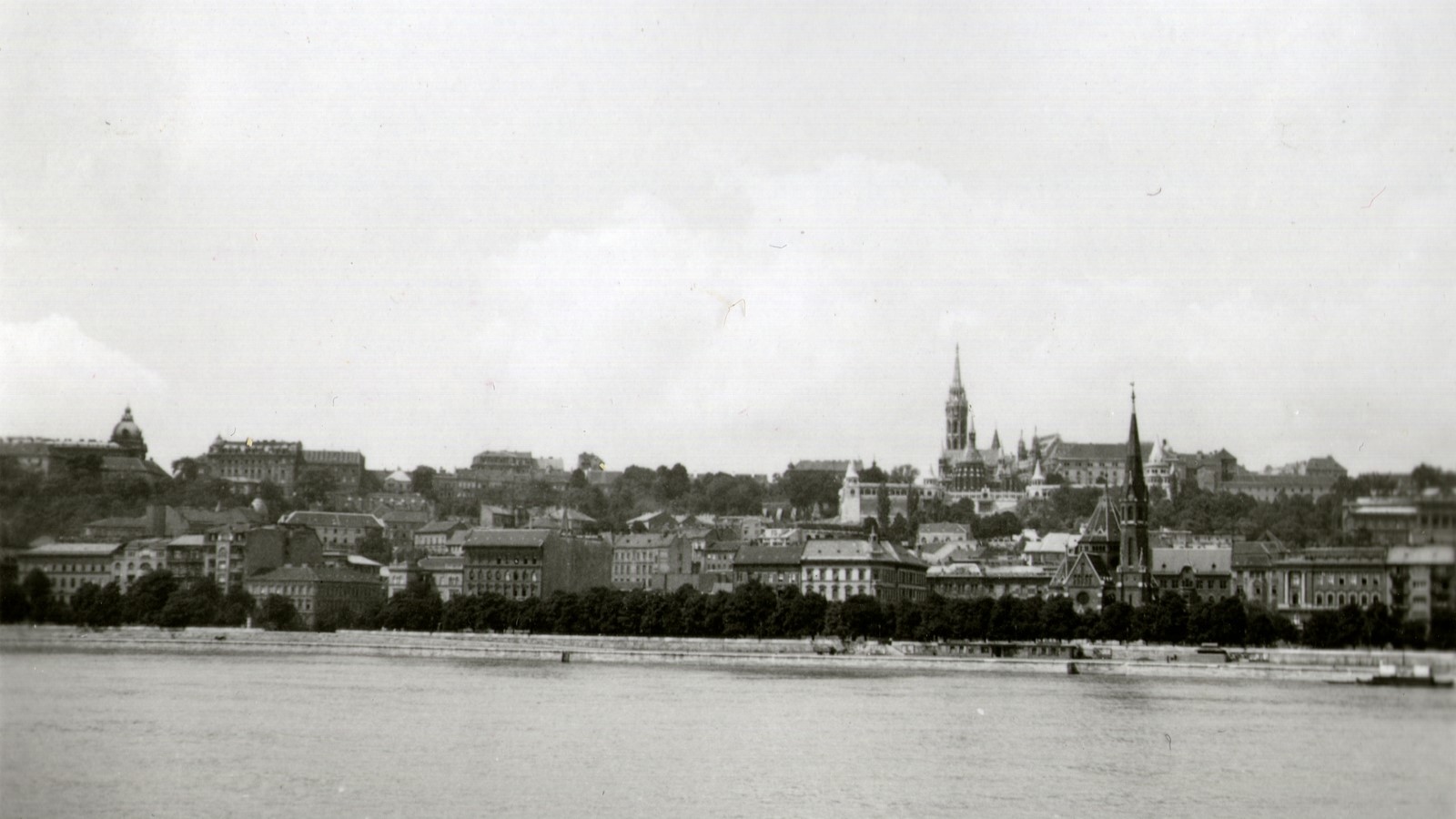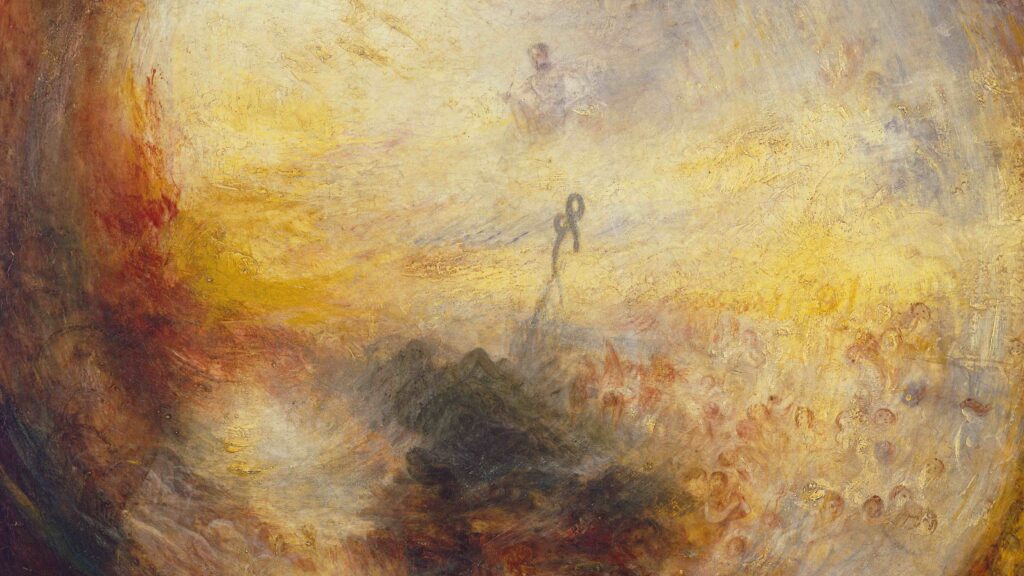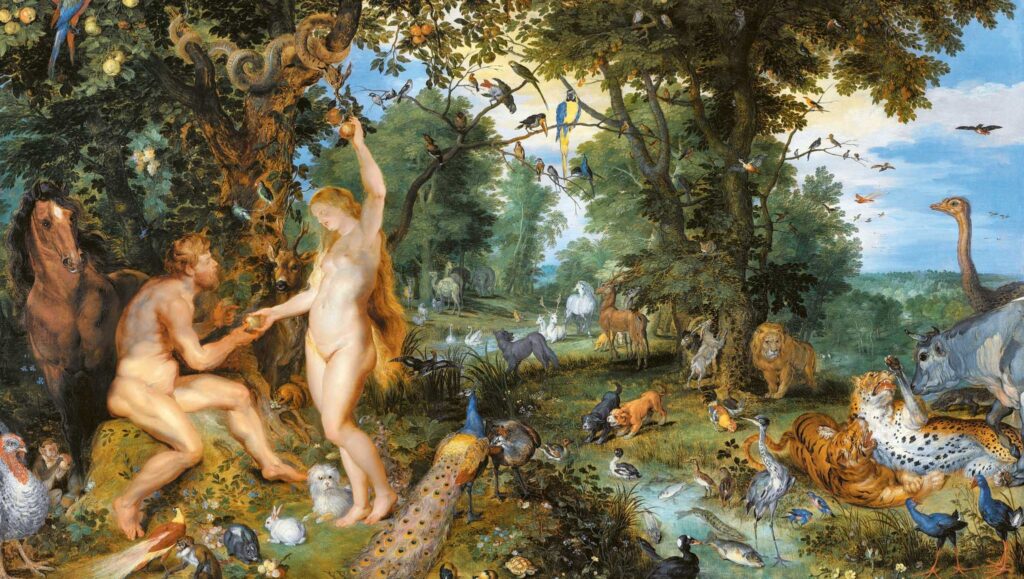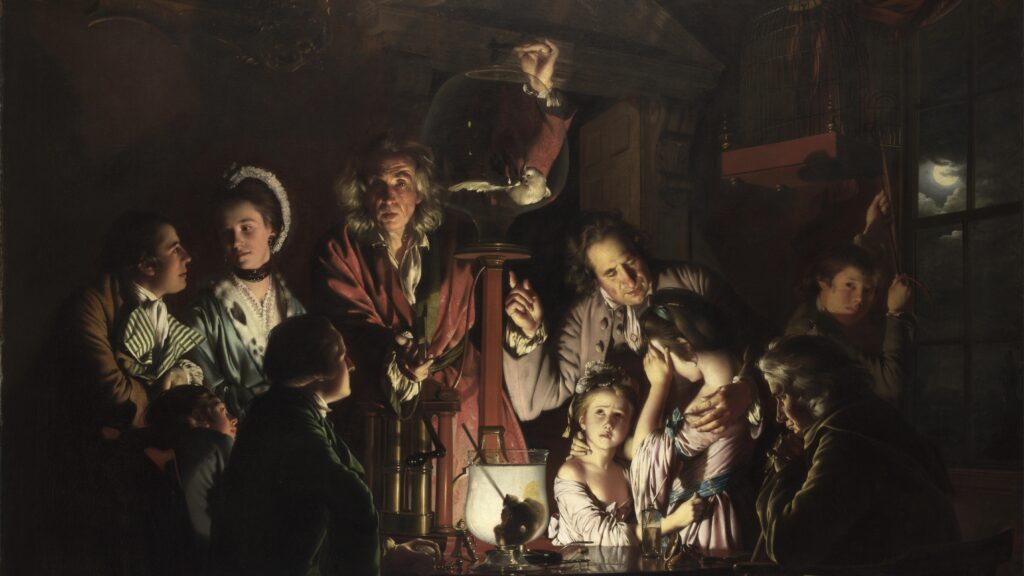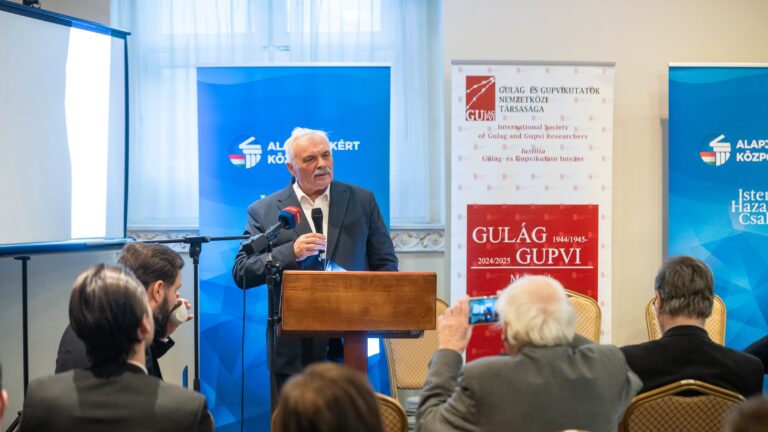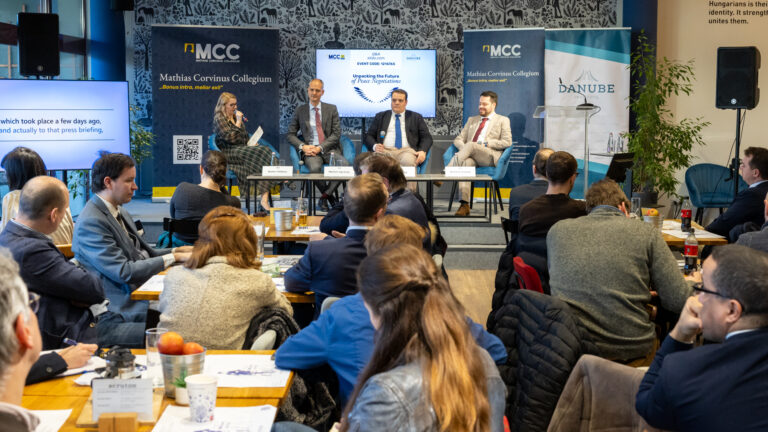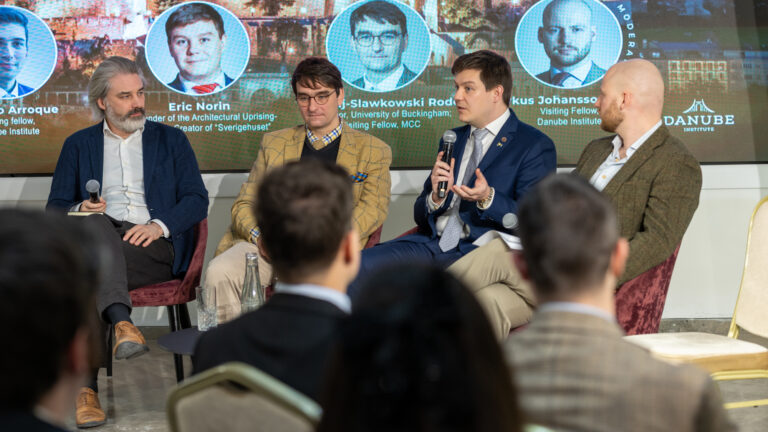The Kádár regime viewed all churches as potential enemies, but unlike the Rákosi era, it chose subtlety over brute force, aiming to dismantle them gradually, over decades, perhaps even across generations. The Reformed community of Budapest’s District I was not spared from secret surveillance either. The Reformed youth group operating in the church at Szilágyi Dezső Square first came to the attention of the state security services at the end of 1961. The agent codenamed ‘Gyula Egri’ was a teacher at the famous Toldy High School and learned from one of his students—Lóránt Benedek, a resident of Iskola Street and future politician of the far-right MIÉP party—that Bible study sessions were being held in the church and the nearby parish office. At that time, ‘Egri’ already reported on his student’s peculiar views: ‘Lóránt states that…he is a supporter of the socialist system, and at times even calls himself a communist…On other occasions, however, he declares that he regards Christ as a kind of social leader who died for the working class of the world.’
At that stage, the investigation was still part of a larger case file collecting materials on the so-called ‘Reformed underground’, under the investigation codenamed Confessors (Hitvallók), overseen by Subdivision II/5-e of the Ministry of Interior (this was before the formation of the infamous III/III division). The handling officer determined that ‘one base of the Reformed illegal underground is the Szilágyi Dezső Square church. The people engaged in illegal activities mainly approach high school students.’
The agent’s task was to find out whether illegal activities of any kind were taking place during the Bible study sessions at Szilágyi Dezső Square. The agent did visit the community and was surprised to discover that the young believers prayed in their own words: ‘At the Bible group, prayers are frequent, and when one of the believers feels moved to do so, they pray aloud in front of the entire group.’
However, problems arose: he was older, did not live in the district, and had a reputation for being loyal to the regime. ‘Therefore, we are considering sending in a younger agent, preferably one who also lives in District I.’
‘The agent did visit the community and was surprised to discover that the young believers prayed in their own words’
At first, it was clearly Benedek they had their eyes on. The 15-year-old boy told his teacher that some of the young people in the community ‘don’t agree with having good relations with the state, or with the entire system, and they argue about it.’ The teacher filed multiple reports on the student who trusted him. According to the handler’s note: ‘the boy has emotional issues he’s trying to work through…In our view, studying and using the boy could provide a way in. His desire to be free of these problems forms the basis for our potential approach.’
However, the boy soon realized he was being followed—though not by that particular division. ‘There are likely Ministry of Interior personnel operating around Benedek without proper cover, which may be making him more cautious or even driving him to withdraw,’ the report stated. Shortly after that, ‘Egri’ was transferred to another handler within the Ministry of Interior, and his file was archived in November 1966.[i]
‘Bihari’, another agent, achieved far more than ‘Egri’. He first attended the Bible study sessions in March 1962. Although he was a resident of District XI, he managed to gain the community’s trust and played a key role in undermining it from within. One way ‘Bihari’ deflected suspicion was by sharing personal details: he said his father had been a scout leader, and that he himself had recently served time in prison for attempting to cross the border illegally—all of which was, in fact, true.[ii]
In one of his first reports, ‘Bihari’ provided information about the activities of Mátyás Bugárszky, a church elder (presbiter): ‘We began the Bible study with a psalm and a prayer. The conversation lacked a clear structure because of the many comments. Under Bugárszky’s guidance, it was actually László Kövespataki who led the session. During his explanation, while speaking about faith, he remarked: “The communists say we draw our strength from our faith—which, according to them, is self-deception—while they draw theirs from ideology and the reality of their work. But when it comes to harsh times, you will really see what their kind of strength is worth.”’
Bugárszky, however, was already on the state security’s radar. Lieutenant Colonel Ferenc Fogarasi, the handler, wrote the following note in response to the report: ‘We had previously learned—through measure 3/e (room tapping—L B V) carried out at the home of Reformed pastor Endre Györkössy—that a dangerous youth group is active within the Szilágyi Dezső Square church. Their discussions are not limited to religious topics but also include political themes with a hostile tone. Later, based on material gathered from measure 3/a (phone tapping—L B V) targeting third-year theology student Miklós Szarka, we established that the Mátyás Bugárszky mentioned in the report…is an elder in the above-mentioned church…and one of the key leaders of its youth activities.’
‘It might sound like a joke, but for the Kádár regime’s internal security service, this was deadly serious’
Even the most harmless activities of the youth were monitored and documented. On 4 April 1962, the group planned a hike. Thanks to a tip from ‘Bihari’, secret police were already waiting at the meeting point—8am at the Buda side of Margaret Bridge—and photographed the participants as they gathered. During the outing, they played a game called ‘playing nations’, where each person represented a country, and they threw a ball at one another, much like dodgeball. According to the case officer’s report: ‘Their open anti-Soviet attitude was reflected in the so-called “nations game”, during which a boy named Böszörményi, who had taken the name of the Soviet Union, was eliminated from the game almost immediately.’
It might sound like a joke, but for the Kádár regime’s internal security service, this was deadly serious. Even seemingly harmless biblical quotes were interpreted through a political lens. As the report noted: ‘Mátyás Bugárszky took out the Bible and…quoted the Apostle Paul, something along the lines of: “Those who are persecuted and imprisoned for following Christ, Christ is with them.”’ According to the case officer, this was a veiled reference to ‘Bihari’s’ prior prison sentence.
At youth events, undoubtedly, ideas were expressed that challenged the Kádár regime’s Marxist, atheist worldview. This is hardly surprising for a Reformed youth group and would be considered insignificant in a democracy, but in a totalitarian dictatorship, such remarks were recorded as incriminating evidence.
László R, one of the group’s charismatic figures, explained to the agent:
‘Materialism places matter first and spirit second, whereas idealism does the opposite. But this doesn’t hold up, because if we look at it through the Bible, we find that it’s just as valid as the scientific explanation. After all, God created Adam—matter—first, and only then breathed into him the spirit. If you take God out of the Bible, its message aligns quite closely with the natural sciences.’
R also expressed the belief that Marx had secretly converted to religion. In his view, ‘our goal is a classless society and the equal distribution of goods in the name of God.’ He spoke of Marx’s theory and work as something outdated, citing the hopeless lives of materialists—people for whom there is no happiness or love in this world—as an example.
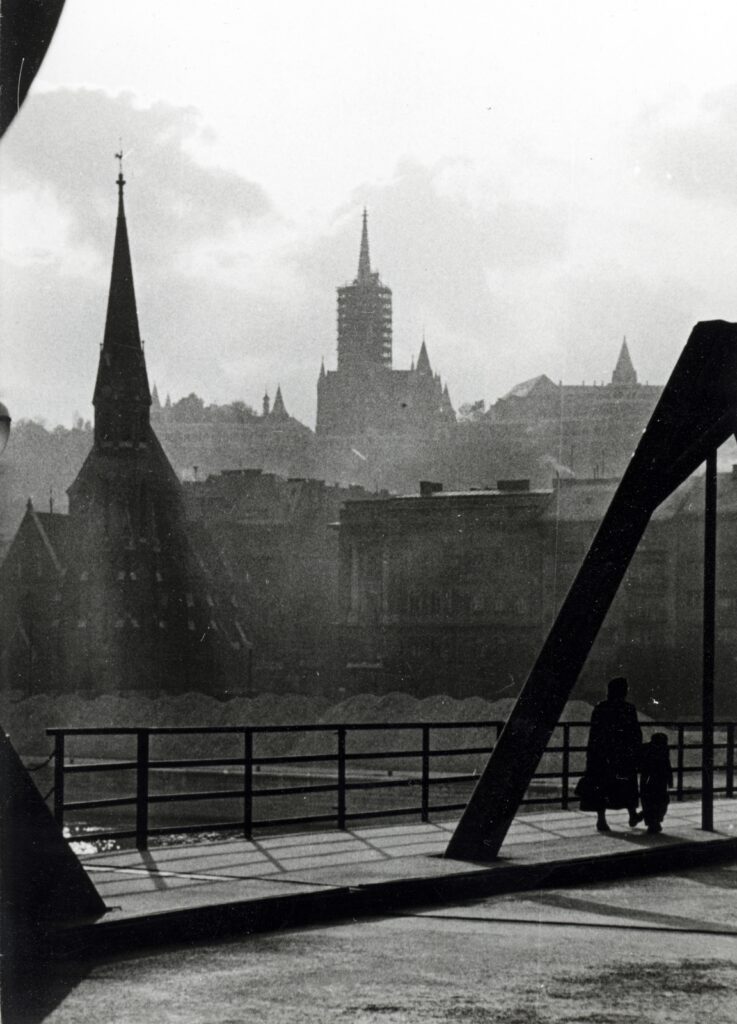
In his speeches, R referred to the group as ‘the chosen’ and their beliefs as ‘the religion of truth’. It appears he was the first in the group to label his views as ‘Christian communism’, a term others—including Benedek—later adopted. The case officer was horrified, writing that this ideology was ‘extremely dangerous and could mislead countless people, bringing them under its influence.’ Furthermore, ‘for them, the Church is merely a front through which they can carry out their true hostile activities.’ ‘Bihari’ was instructed to give R, who was struggling financially, a 30-forint gift to gain his trust.
As ‘Bihari’ became more accepted within the group, he was invited to parties hosted by the leaders and occasionally went out for coffee with them, for instance, to the nearby Vigadó Café. According to his case officer, Ferenc Fogarasi, this made it easier for members to open up to him and reveal the youth group’s true goals and views.
At one point, Benedek remarked that ‘the communists…have committed many crimes and have a lot of blood on their hands’, just like the Catholic Church—but, he added, at least the Catholics are Christians.
Eventually, however, a problem arose: ‘Bihari’ could no longer recall or report everyone’s exact statements during the long evenings and crowded gatherings—some events drew dozens of young people. As a result, the authorities equipped him with a so-called ‘3/e “ball” measure’ (a portable transmitter—L B V).
Despite these intensified efforts, the secret police failed to dig up anything truly compromising on the youth. In one discussion, someone conceded that Marxism might have a point—‘just like how worms breed in a crate of dirt, or that frogs are born from a swamp.’ At another point, someone declared: ‘Let’s not be reactionaries, but let’s not be bootlickers either—especially not bootlickers.’ As for theology student Miklós Szarka, the only noteworthy detail that emerged was that his godfather was the interwar right-wing governor Miklós Horthy. At a house party, one young man—drunk—asked a girl: ‘What’s your opinion of National Socialism?’ Her response was allegedly: ‘I guess it’s OK—just like twist’, and then she laughed. Admittedly, not a smart comment, but the officer’s interpretation of the drunk girl’s words might still be a bit of a stretch. He wrote: ‘It is telling that when members and leaders associated with the principle of “Christian communism” find themselves in a more private, trusted, intimate circle, their true selves emerge—and they reveal a fascist political orientation.’
‘Let’s not be reactionaries, but let’s not be bootlickers either—especially not bootlickers’
The poet György Petri occasionally appeared in the reports. He had formerly been an altar boy at the Saint Anne Church on Batthyány Square, but apparently sometimes also attended the Reformed gatherings. The agent ‘unfortunately’ identified Petri as a ‘very intelligent, well-read’ individual who believed that the ‘Marxist and Leninist guidelines show complete hopelessness.’ Nevertheless, Petri ‘noted that communism is most compatible with the goals of Christianity.’ He also ‘recalled that he had given several lectures on this topic previously, at Szilágyi Dezső Square Church.’ According to the agent, Benedek was then under Petri’s influence, as he was doing his university preparatory studies at Petri’s apartment on Attila Street.
The agent was instructed to investigate whether Petri’s and Benedek’s views existed in any written form, as this might constitute a criminal offence. Furthermore, he was to determine if they had any connection with Endre Gyökössy, a Reformed pastor regarded as the intellectual father of the ‘Christian communist’ movement. The agent was allowed to read some of Petri’s poems and later reported that the poet’s ‘worldview was not at all progressive-Marxist.’ He also met with Gyökössy, who ‘entrusted him with his confidence’ and expressed ‘the viewpoint of staunch church reaction’. At one point, it was even suggested that ‘Bihari’s’ wife should be recruited, as she attended events with her husband but behaved inappropriately and argued there.
At this point, the documents in the dossier concerning the investigation come to an end. The Reformed youth were covertly investigated under the code name Fighters (Harcolók), and their activities were ‘disrupted’ in July 1965. Interrogations took place, and Bugárszky, the elder, was sentenced to six months in prison for illegal youth organizing. ‘Bihari’ was never suspected by his peers; only Benedek raised the possibility that he might be an informant, but this was more of a ‘bluff’. The agent was still able to submit reports on Gyökössy as late as 1967.
The reports prior to the Harcolók case overlap to some extent with dossiers on other church youth groups: here too, the young people tried to carry out some form of cover activity to disguise their true intentions, which were hardly ‘counterrevolutionary’ or rebellious in nature, they merely sought to express themselves and their religious convictions. However, the paranoid state security saw hostile conspiracies even where there was virtually nothing. Infiltration was carried out by a compromised individual with former right-wing ties (‘Bihari’), who succeeded in implicating innocent people who had no connection to any form of subversion. Of course, each case has unique elements, but sadly, many more such stories lie hidden in the archival files of the Kádár regime’s state security.
[i] For all files on ‘Egri’ cited here, see: Államiztonsági Szolgálatok Történeti Levéltára (ÁBSZTL), 3.1.2. M-25787/3.
[ii] For all reports of ‘Bihari’ cited here, see: ÁBSZTL, 3.1.2. M-27704.
Related articles:

